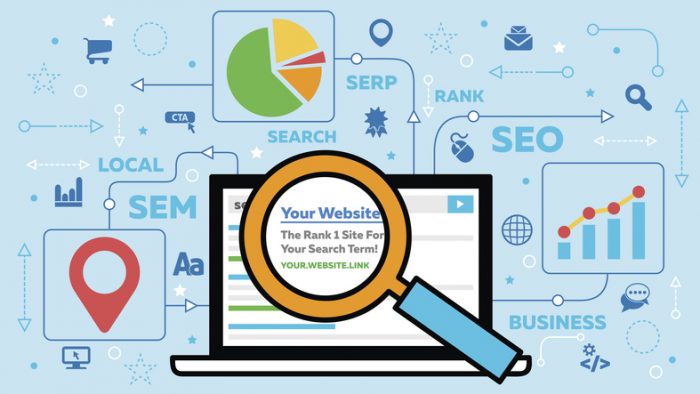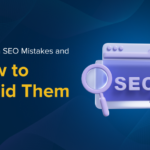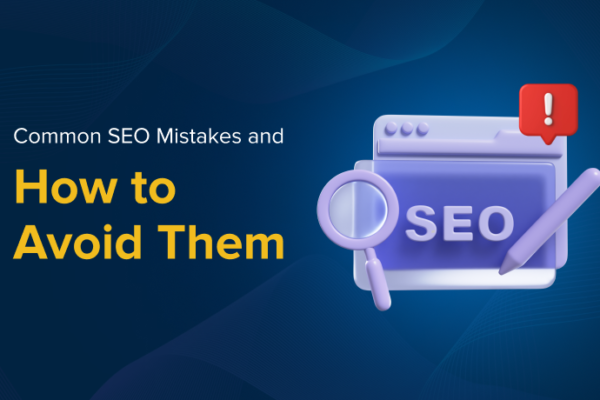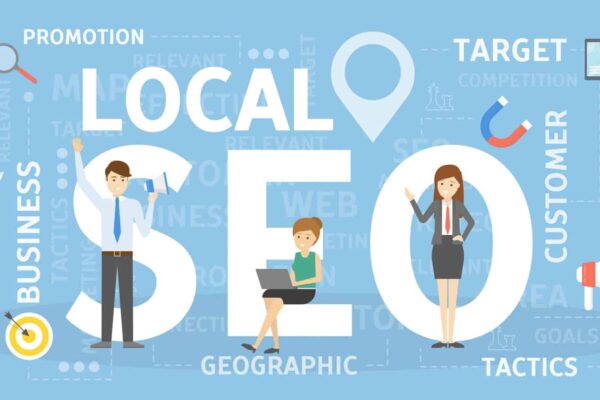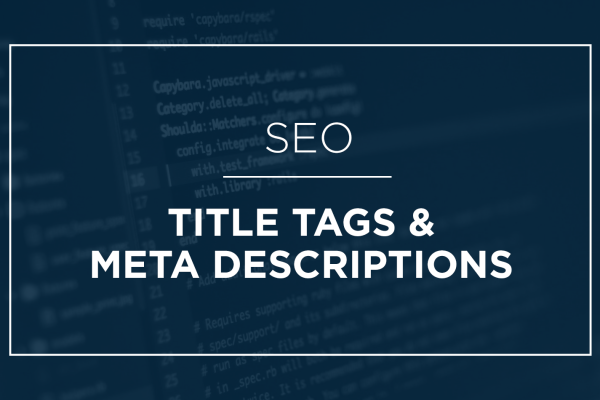SEO for e-commerce sites helps your online store appear higher in search results. When customers can easily find your products on Google, your chances of getting more sales increase. We will share helpful tips in this blog to boost your sales through SEO.
What is SEO for E-commerce Sites?
SEO for e-commerce sites is the process of improving an online store so it shows up higher in search engine results. It helps more people find products when they search online. Good SEO includes using the right keywords, writing clear product descriptions, and optimizing website speed. It also involves making the site easy to use on phones and computers. Overall, e-commerce SEO can increase sales and attract more customers.
How SEO and E-commerce Work Together?
SEO helps e-commerce websites get more visitors from search engines. It makes products easier to find online. Good SEO improves the shopping experience for customers.
Here’s how SEO and e-commerce work together:
✔ Visibility Boost – SEO helps e-commerce websites appear in search results, attracting organic traffic.
✔ Product Optimization – Optimized product titles, descriptions, and images make items easier to find.
✔ User Experience – SEO improves site speed, navigation, and mobile-friendliness, enhancing shopping experience.
✔ Content Marketing – Blogs, guides, and reviews drive traffic and support buying decisions.
✔ Conversion Growth – Targeted keywords bring ready-to-buy visitors, increasing sales.
✔ Long-Term Strategy – Continuous SEO ensures lasting visibility and steady customer acquisition.
Methods to Boost E-commerce Sales with SEO
SEO helps online stores attract more visitors by making products easier to find on search engines. Optimizing your website can directly increase traffic and sales. Methods to boost e-commerce sales with SEO:
- Keyword Optimization – Use relevant keywords in product titles, descriptions, and meta tags.
- High-Quality Content – Write informative product pages and blog posts to attract organic traffic.
- Internal Linking – Link related products and content to keep visitors engaged.
- Optimize Product Pages – Include unique descriptions, images, and structured data
- Backlink Building – Earn links from reputable sites to increase domain authority.
- Local SEO – Optimize for local searches if your e-commerce has physical stores.
- Mobile-Friendly Design – Ensure your site is fast and responsive on all devices.
- User Reviews – Add customer reviews to boost trust and keyword relevance.
- Schema Markup – Use structured data for rich snippets in search results.
- Improve Site Speed – Faster pages reduce bounce rates and improve rankings.
Using SEO effectively boosts visibility and encourages more purchases. A strong SEO strategy helps your e-commerce business grow consistently.


